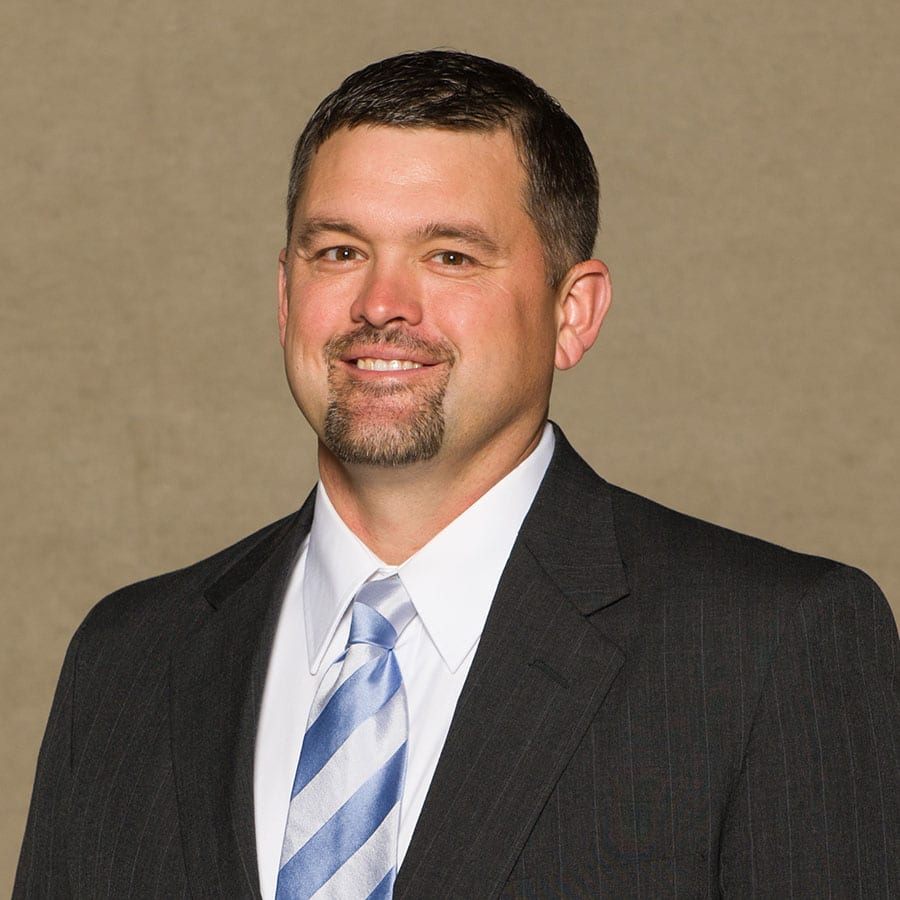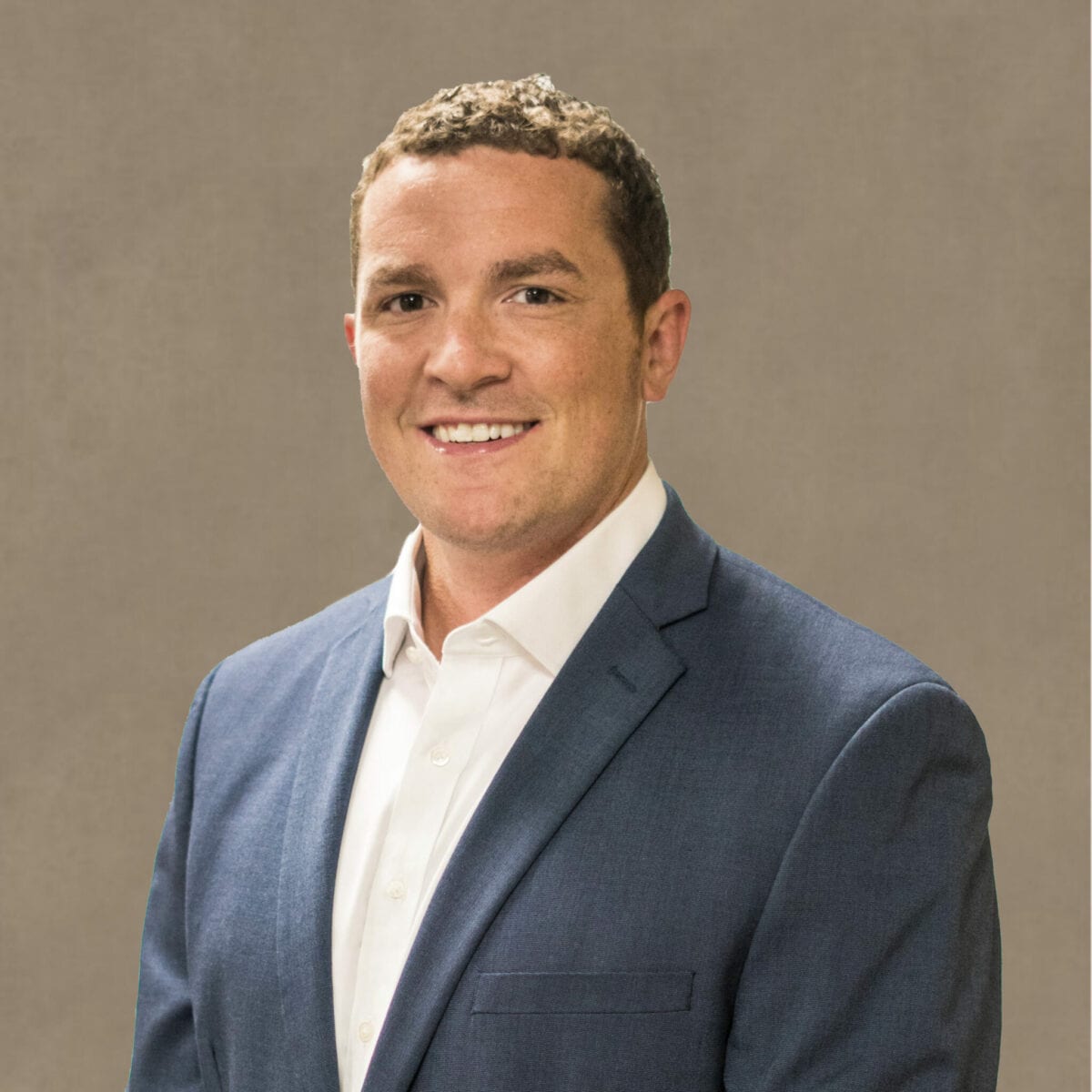Orthopedic Surgery
Approximately 500,000 knee replacements are
performed in the U.S. each year.
About
Orthopaedics is the medical specialty that focuses on injuries and diseases of your body’s musculoskeletal system. This complex system, which includes your bones, joints, ligaments, tendons, muscles, and nerves, allows you to move, work, and be active.
While orthopaedic surgeons are familiar with all aspects of the musculoskeletal system, many orthopaedists specialize in certain areas, such as the foot and ankle, spine, shoulder, hand, hip or knee. They may also choose to focus on specific fields like pediatrics, trauma or sports medicine. Some orthopaedic surgeons may specialize in several areas.
Results
For most orthopaedic diseases and injuries there is more than one form of treatment. If necessary, your orthopaedic surgeon may recommend surgery if you do not respond to nonsurgical treatments.
Conditions
- Arthroscopy—a procedure that uses special cameras and equipment to visualize, diagnose and treat problems inside a joint.
- Fusion—a “welding” process by which bones are fused together with bone grafts and internal devices (such as metal rods) to heal into a single solid bone.
- Internal fixation—a method to hold the broken pieces of bone in proper position with metal plates, pins or screws while the bone is healing.
- Joint replacement (partial, total and revision)—when an arthritic or damaged joint is removed and replaced with an artificial joint called a prosthesis.
- Osteotomy—the correction of bone deformity by cutting and repositioning the bone.
- Soft tissue repair—the mending of soft tissue, such as torn tendons or ligaments.
- Carpal tunnel release
- Trigger finger release
- Hand fractures
Physicans







Never Miss A Moment
The doctors were very knowledgable and explained everything very well.
Good experience!"
happy with my doctors and staff."
